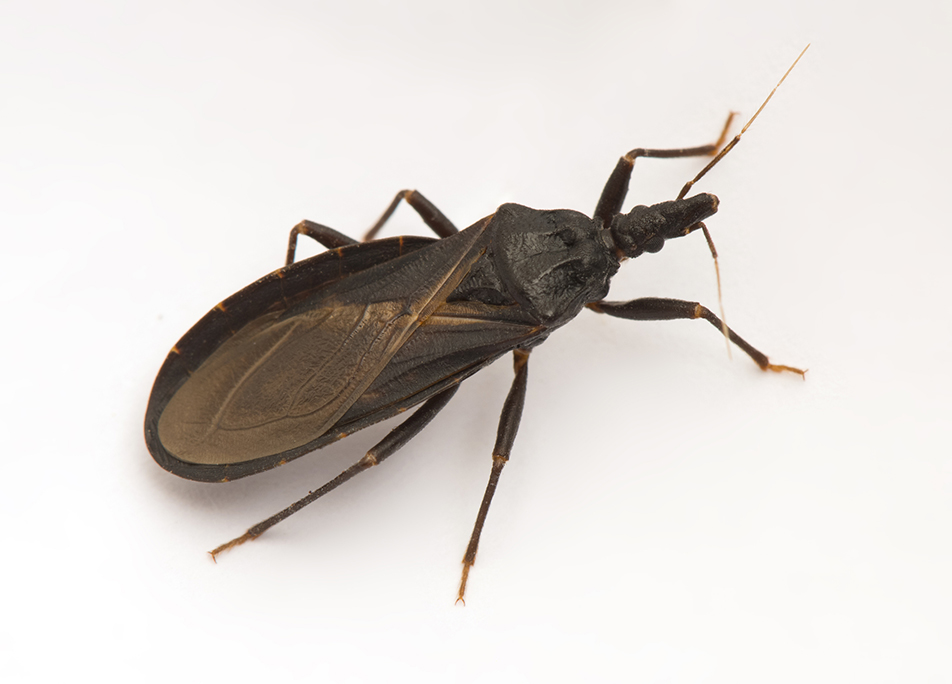
Last week, there were several headlines about the Triatominae, known as the “kissing bug”, and its tendency to transmit a potentially deadly condition called Chagas disease. We asked R. Scott Stienecker, MD, FACP, FSHEA, FIDSA, CIC, Medical Director for Epidemiology and Infection Prevention, to explain the threat and if we should be doing anything to protect ourselves and our loved ones.
The bottom line is that we have these blood-sucking bugs in our country, but we do not have the Chagas parasite. The bug, Triatoma sanguisuga, is native to the United States, across the majority of the country. The parasite, Trypanosoma cruzi, which is the causative agent of Chagas disease, is spread to humans by Triatoma bugs, which are found primarily in Mexico and central/south America, typically in the poverty stricken areas. Although Chagas disease has been reported in Texas on rare occasion, it is not thought to be native to the U.S.
Since the people bitten are usually in shacks in poverty stricken areas, and the bugs typically don’t penetrate the barriers of a typical U.S. house, unless carried in by pets, we have little to worry about.
A caution for travelers
While you are not likely to get Chagas disease in the U.S., you could be vulnerable when visiting Mexico, Central America or South America. Travelers from the U.S. should not assume that the countries they plan to visit are safe. Make sure all of your vaccinations are up to date before you travel and seek pre-travel advice from the Health Department’s travel clinic. Spend some time on the Center for Disease Control & Prevention’s (CDC) travel website to investigate the area you plan to visit, the travel advisories and the key diseases present there. The website will also have vaccine and safety kit recommendations and a host of other useful information.
Start researching these health recommendations at least three months (and preferably six months) before the planned trip, as some vaccines may require three doses over six months. Some of the vaccines could be in short supply or unavailable. Protect yourself and plan ahead for these delays.



